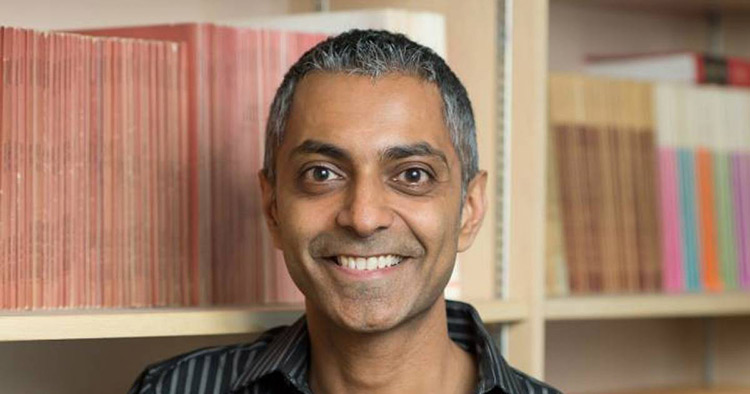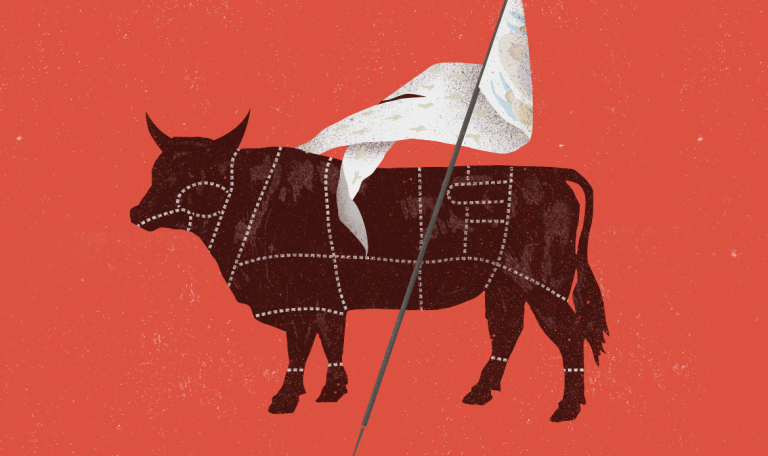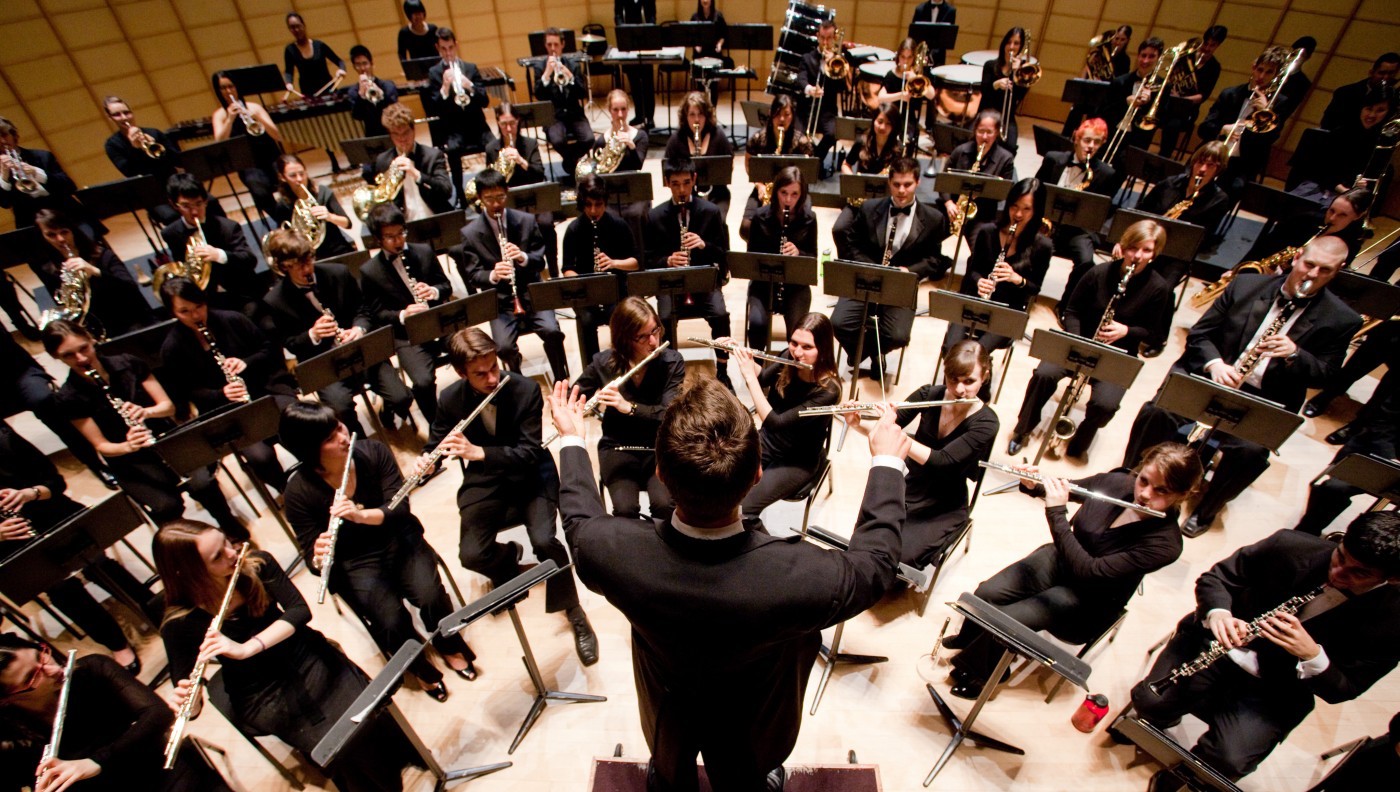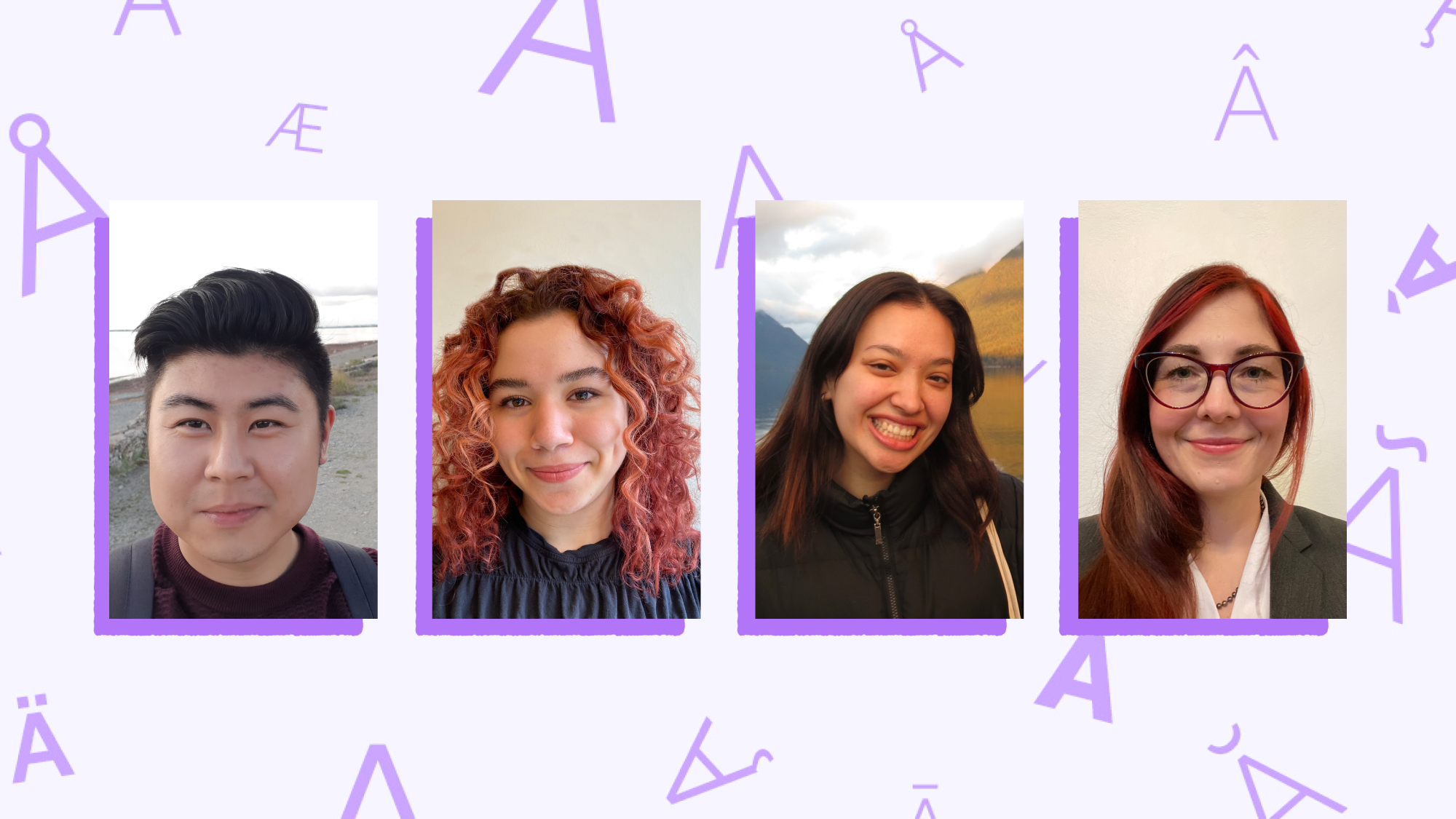

By Mary Leong and Katie Fedosenko
Amin Ghaziani, an assistant professor in the Department of Sociology, spoke with ArtsWIRE about the ‘post-gay’ era and Vancouver’s ‘gaybourhood,’ Davie Street. Ghaziani is currently working on his upcoming book, There Goes the Gaybourhood? Sexuality and the City in a Post-Gay Era.
How would you describe your research on sexuality?
I’m interested in the social organization of sexuality and the changes in the cultural meaningfulness of sexuality.
One of the changes in the cultural meaning of sexuality is what I’ve called the ‘post-gay’ era, a period of time in which people feel less compelled to define themselves principally in terms of their sexuality. It doesn’t necessarily mean un-gay, or anti-gay, or ex-gay. It simply means that people no longer feel the need to define themselves solely based on that struggle.
In the past, people generally denied being gay or championed their sexuality as an activist or as a scholar. Today in the ‘post-gay’ era, there are many more nuanced ways of being gay, and that’s affecting the way people relate with each other and the way they choose to live.
The ‘post-gay’ era affects pop culture. For example, Katy Perry’s song I Kissed a Girl doesn’t necessary implicate her as being lesbian, or bisexual, or heterosexual. That lack of rigid identity is something that we may not have seen in earlier eras. The ‘post-gay’ era also affects colleges and universities, such as the development of, and enrollment in, gender and sexuality programs.
You’re working on a manuscript called There Goes the Gaybourhood: Sexuality and the City in a Post-Gay Era. What are your thoughts on Vancouver’s gay neighbourhoods?
When discrimination exists in society the expectation in some branches of Sociology is that minority neighbourhoods, such as gay neighbourhoods, exist as safe spaces. In the absence of discrimination or legislative oppression, these spaces should theoretically disappear. As such, I think it’s notable that there’s a section on Davie Street with rainbow flags in the West End that is popularly considered the ‘gaybourhood.’
In Canada, lesbian and gay people have full legislative equality compared to heterosexuals; for example, lesbian and gay marriage is legal. As such, the expectation is there should be no need for gay neighbourhoods.
This creates an interesting theoretical puzzle to explain the existence of the Davie Street ‘gaybourhood.’ The fact that it exists suggests that this neighborhood, and others like it, have purposes other than legislation and politics and I’m trying to understand what those purposes might be.
How does Vancouver’s Davie Street ‘gaybourhood’ compare to American counterparts that you discuss in your upcoming book?
I’ve noticed that the West End is an integrated space. There are gay people and straight people who are visible on the streets of the West End, and that’s quite consistent with what I’ve found in my research on American ‘gaybourhoods’.
However, unlike New York neighbourhoods or Chicago neighbourhoods, sections of Vancouver’s West End seem explicitly sexual to me. The public images of gay men and lesbians seem very prominent, which is something I find fascinating and would like to explore in my research.
What are your future research projects?
After I complete my book on American ‘gaybourhoods,’ my intention is to write the next book on comparing Canadian gay enclaves with American ones. I think it’ll be fascinating to compare Vancouver with Seattle because they’re so close geographically. I want to explore if those cities’ enclaves are significantly different or if the way merchants and residents participate in those enclaves is different.
Will you be teaching about your research?
Definitely. My current book on gay neighbourhoods comes up in both my courses, and I have often brought my research into the classroom.
Conversations in my classes have actually motivated articles that I’ve written and published. One such article, Out of the classroom at Princeton, is based on an experiential learning exercise. I think this is where the boundary between my research and teaching dissolves.


